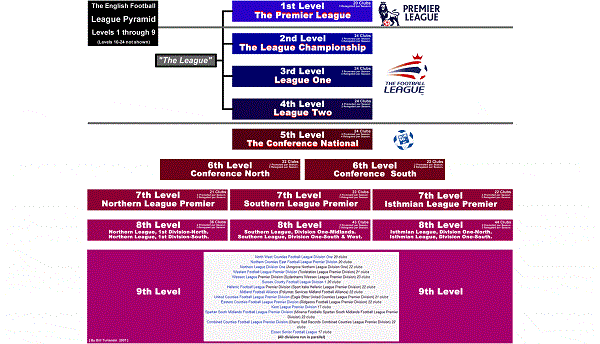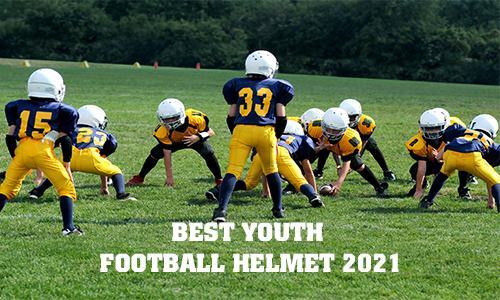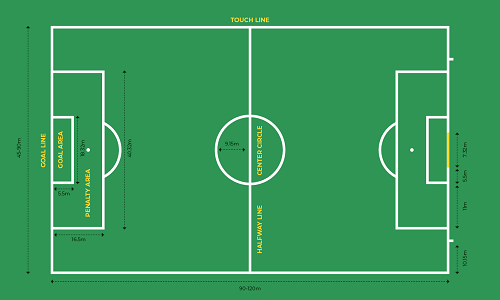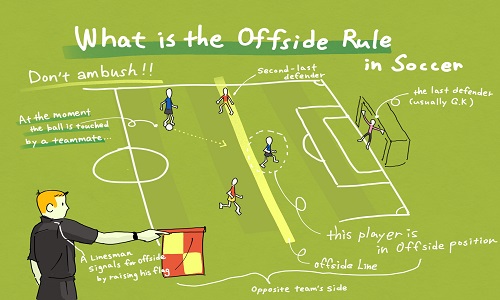What is Relegation in Soccer: The Rules Explained
If you are a football lover, you have probably heard of the term promotion and relegation. However, do you know what is relegation in soccer and how its system works? Continue reading and Scott Fujita will solve this puzzle for you.
Contents
What is relegation soccer?
The system in which teams are transferred between leagues based on their performances is promotion and relegation. At the end of each season, the bottom ranked teams are “soccer relegated” (or forced to be relegated soccer) to the lower division.

There are promotion and relegation in soccer league system
One significant difference between European and North American sports is the concept of promotion and relegation in leagues. In Europe, sports federations operate with a different system. Each team has to earn its place in the top league
It doesn’t matter who is in the group or who owns the group. Every new team starts at the bottom of the leaderboard, in the lowest division. The team will then progress to the top league by finishing at the top of their current league each season.
View more: Let’s find out with How long is a soccer field
When a team finishes the season at the top of the league in which they are participating, they are promoted and begin the next season in the upper league.
Based on this system, it can take years for a new team to reach the top. They have to consistently finish at the top season after season until they are promoted to the top division. But once a team gets to the top league, there’s no guarantee they’ll stay there. This is where the relegation process begins.
To be relegated meaning soccer teams will play the next season in a lower league or division than the one in which they are participating. For every team in a league, soccer relegation is a real possibility.
It motivates a team to do all it can to avoid relegation. The possibility of relegation can prompt a team to play to the best of their ability until the final game of the season, but we’ll look at this in more detail in a moment.
The Pyramid of England Soccer League

The pyramid system of England soccer leagues.
English football – and indeed football everywhere but the US – is set up like a pyramid of leagues. At the top is the Premier League. The next three levels are collectively known as the English Football League, consisting of League Championship, League One and League Two.
Between these four levels there are 92 professional teams in the UK. Below that are two levels known as the National League. And below you are participating in regional leagues, and there are more than 800 clubs!
And the whole thing is connected by promotion and relegation. So in theory you could form a team now from you and 10 friends, then play your way to the Premier League. Imagine a baseball team in Topeka, Kansas, playing their way to the pro leagues and hosting the Giants for a weekend series!
View more: How long is a soccer game
Benefits of Promotion and Relegation

Euro soccer league: Premier League, La Liga, Serie A, Bundesliga and Ligue 1.
Here is a list of some of the benefits of relegation and promotion:
- Relegation and promotion bring excitement at the end of the league at the end of the year. In American sports, people no longer care about the bottom teams very early in the season. However, with relegation and promotion, fans have reason to care about their team this year.
- Allows multiple teams to play in the first division by allowing teams from lower leagues to qualify.
- Punish bad clubs. Give teams greater motivation to try and perform better.
Criticism of Promotion and Relegation
Here is a list of some criticisms of soccer relegation and promotion:
- Often, the financial divide for relegation can be so great that teams go bankrupt.
- Besides the financial disparity, the relegation teams also have great difficulty retaining their players, who often want to switch teams to stay in the same league and play against higher quality opponents.
Economists recognize that in the pro sports industry, the sheer level of product quality matters to fans.
A simple example is the trend in the average home attendance rate of teams in the major European football leagues to increase (decrease). As they are promoted (relegated) through the league.
Similarly, major tournament entries are easily larger than comparable minor league entries in North American-style tournaments.
What is The Relegation Zone at The End of The Season?

Norwich City once relegated in Premier League.
The English Premier League is an example of a league where the bottom three teams are relegated at the end of a season. Although most football leagues worldwide use a relegation system, the number of teams relegated at the end of the season can vary.
Over the course of a season, if teams are in a position in the league where they will face relegation if the season ends, fans imply their team is in the relegation zone. The relegation zone in a football league is the bottom part of the league table consisting of the teams that would be relegated if they finished the season in that position.
The relegation zone in the Premier League consists of the three teams with lowest ranked for instance. Teams located in the relegation zone at the end of the season will be relegated.
Premier League Promotion

Liverpool has been a strong team in major league and national league ever since.
There is no promotion from the Premier League, but they have something to compete with beyond the league title. The top six or seven teams will go to next season’s European competitions, the Champions League and Europa League.
Conclusion
Through this article about “what does relegation mean in soccer?”, we believe you have a good understanding of how promotion and relegation works. To summarize, when teams do not perform well in a league season, they will be easily relegated. Conversely, teams that are in the lower tier have a breakthrough, they can advance to the higher league. This is a way to make matches exciting and make teams always try their best.





![[Top Rated] 10 best football gloves with best grip 2025 5 best football gloves 2021](https://www.scottfujita.com/wp-content/uploads/2021/03/best-football-gloves-2021.jpg)
![[Lastest Update] Top 10 Best Soccer Cleats For Kids 2025 6 Best soccer cleats for kids scott fujita](https://www.scottfujita.com/wp-content/uploads/2021/03/Best-soccer-cleats-for-kids-scott-fujita.jpg)




![[Top-Rated] The Best Basketball Shoes For Ankle Support 2025 11 best basketball shoes for ankle support scottfujita](https://www.scottfujita.com/wp-content/uploads/2021/07/best-basketball-shoes-for-ankle-support-scottfujita.jpg)










![What Are The 5 Positions In Basketball? [And Their Roles] 33 what are the 5 positions in basketball scottfujita](https://www.scottfujita.com/wp-content/uploads/2021/10/what-are-the-5-positions-in-basketball-scottfujita.jpg)






![Top 10 Best NBA Centers Of All Time [2024 Updated] 40 best nba centers of all time scottfujita](https://www.scottfujita.com/wp-content/uploads/2021/12/best-nba-centers-of-all-time-scottfujita.jpg)
![The Best Football Mouthguard 2024 [Reviewed & Compared] 41 best football mouthguard scottfujita](https://www.scottfujita.com/wp-content/uploads/2021/10/best-football-mouthguard-scottfujita.jpg)